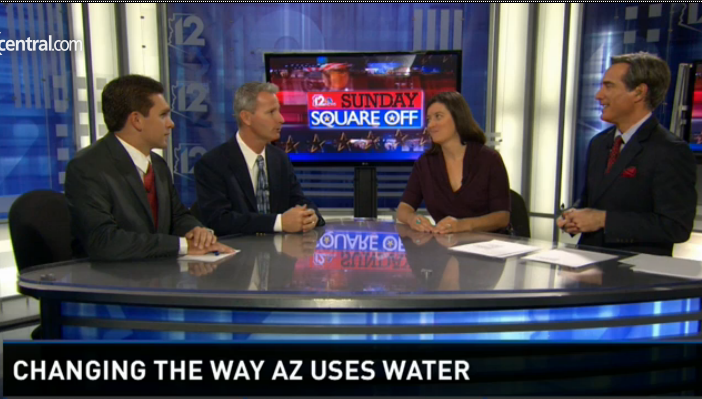Call for Community Challenges, SOS 321
December 1, 2014
Class Descripion and Projects Desired
Professor Michael Schoon of ASU’s School of Sustainability is teaching a class in the upcoming spring semester (Jan-May 2015), SOS 321 in which he will be having small groups of SOS students research sustainability issues from a governance and policy perspective. He would like to engage with several, local communities on a limited basis and have these communities submit their “real-world” issues for analysis by the students. The course description for SOS 321 and the engagement opportunity timeline and commitment is outlined below.
Your community is invited to review the opportunity below and consider posing a sustainability issue to this class. If you are interested or have questions, please email Anne Reichman at anne.reichman@asu.edu and I will be happy to assist you. Professor Schoon would be happy to help communities develop issue submittals if they feel they need assistance. Sustainability issues need to be identified by mid-January 2015.
Thanks so much for considering this opportunity!
Spring 2015 Session (January-April 2015)
SOS 321/Community Engagement Opportunity:
SOS 321 is looking for several, local communities to pose sustainability-related research questions, both general and specific in nature, to the class so student workgroups can research and propose policy and governance options back to the communities. The community sustainability challenge should include the following:
1) Must be a specific challenge for your community (Past examples include how to reduce recycling contamination by residents, how to dispose of brine removed from groundwater, and how to plan for and mitigate the urban heat island effect.);
2) Provide practical educational research opportunity for students (Students have great insight into current sustainability science and introductory skills in policy and governance theory; however, they do not, in general, have specific technical skills or advanced training on urban policy or planning.)
3) Building on the previous point, our goal is to leverage the sustainability training, the creativity and critical thinking skills, and the vitality of our students in a way that helps their municipal partners to solve real-world problems.
SOS 321 Course Description - Policy and Governance in Sustainable Systems:
Policy and Governance in Sustainable Systems (SOS 321) is a class that requires integration of theory and practice, exposing students to sustainability issues in governance and policy analysis. Using two lenses, institutional analysis and policy analysis, students will apply a broad understanding of sustainability governance to a specific issue in the city and/or region. By partnering with municipalities in the Phoenix Metro area, students will conduct policy and institutional analyses on suggested real, local environmental issues for these participating communities. This class provides students a unique opportunity to integrate theory and practice, while identifying solutions to real, local problems.
Community Participation and Engagement:
The following is a suggested schedule for the spring 2015 course. Details will be fine-tuned with your community prior to participation:
Early to mid-January: Project ideas are submitted, discussed and finalized with the cities and the course teaching faculty.
Mid- to end of January: City officials will visit the class and briefly present information on the sustainability challenge and/or topic which is requiring research or that is being faced locally.
In February, students will prepare a Code of Stakeholder Engagement that specifies how, how often, and when students will engage with their city project partners.
February – April: Students will work in small teams (4-5 students) to research and provide answers/solutions back to their city project partners.
Early April: Student teams will present a preliminary version of their findings to the project partners. Each project will have 3-4 student teams presenting their solutions as part of a mini, in-class competition. Following feedback from their project partners on their presentations, students will submit a final project overview with executive summary to their project partners by the end of April.










 When we think about the main sources of greenhouse gases, we don’t typically consider dirt as being one of them. But, it’s true. Just by plowing their fields, farmers have released large amounts of carbon dioxide into the air.
When we think about the main sources of greenhouse gases, we don’t typically consider dirt as being one of them. But, it’s true. Just by plowing their fields, farmers have released large amounts of carbon dioxide into the air. 


